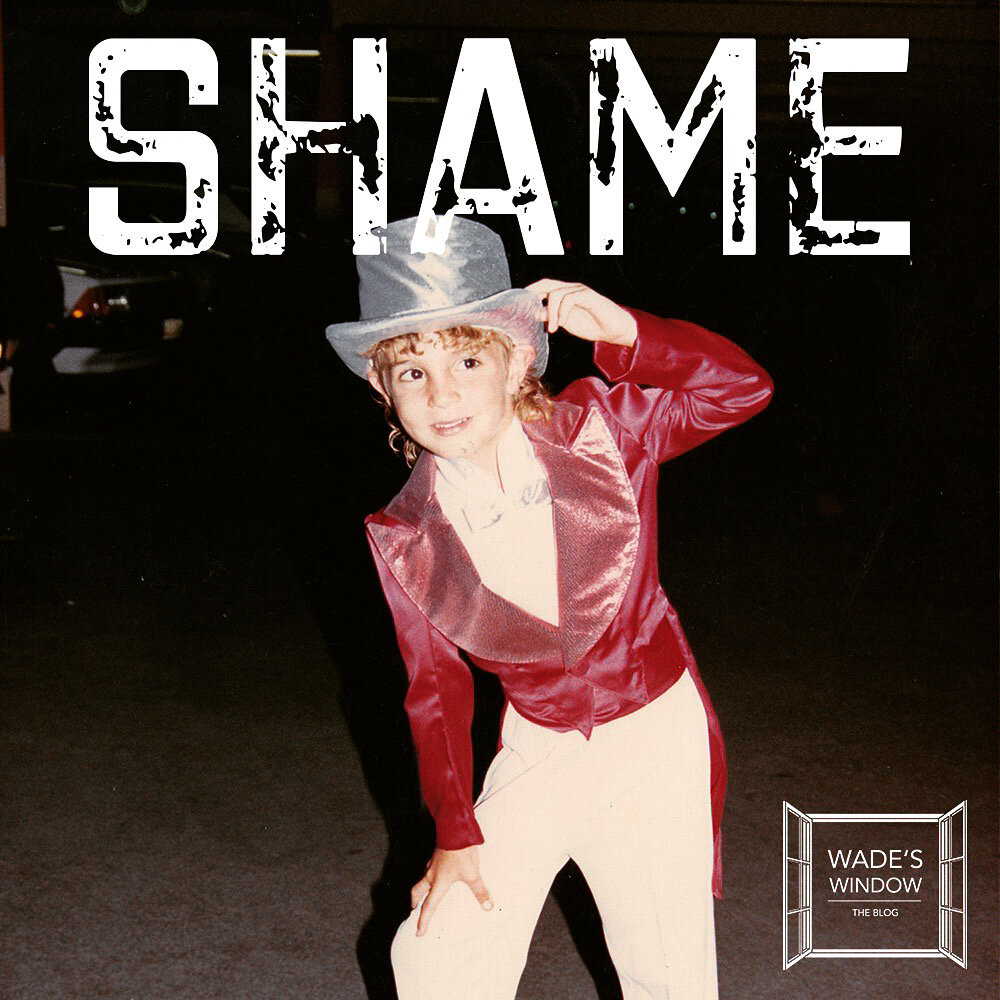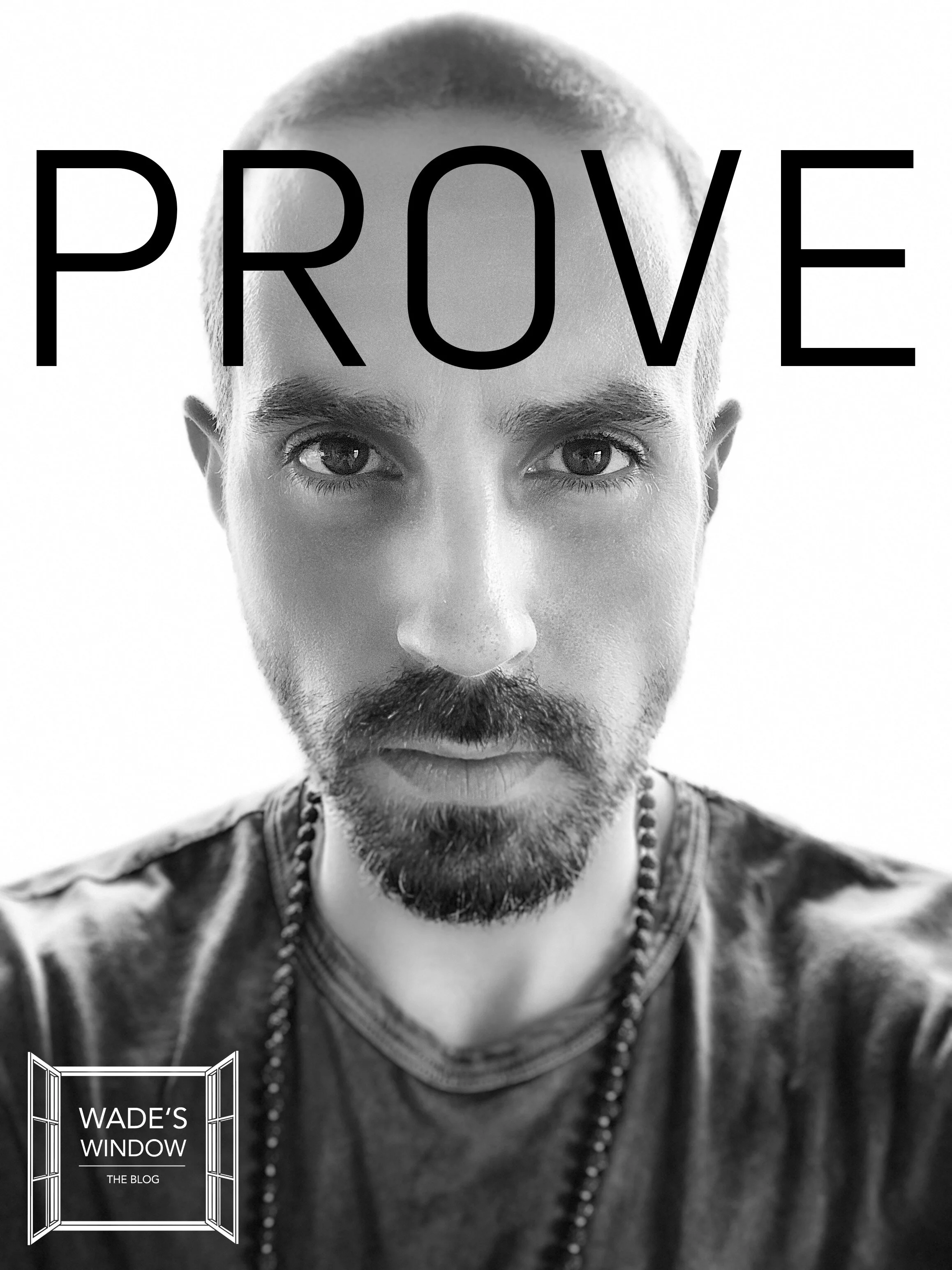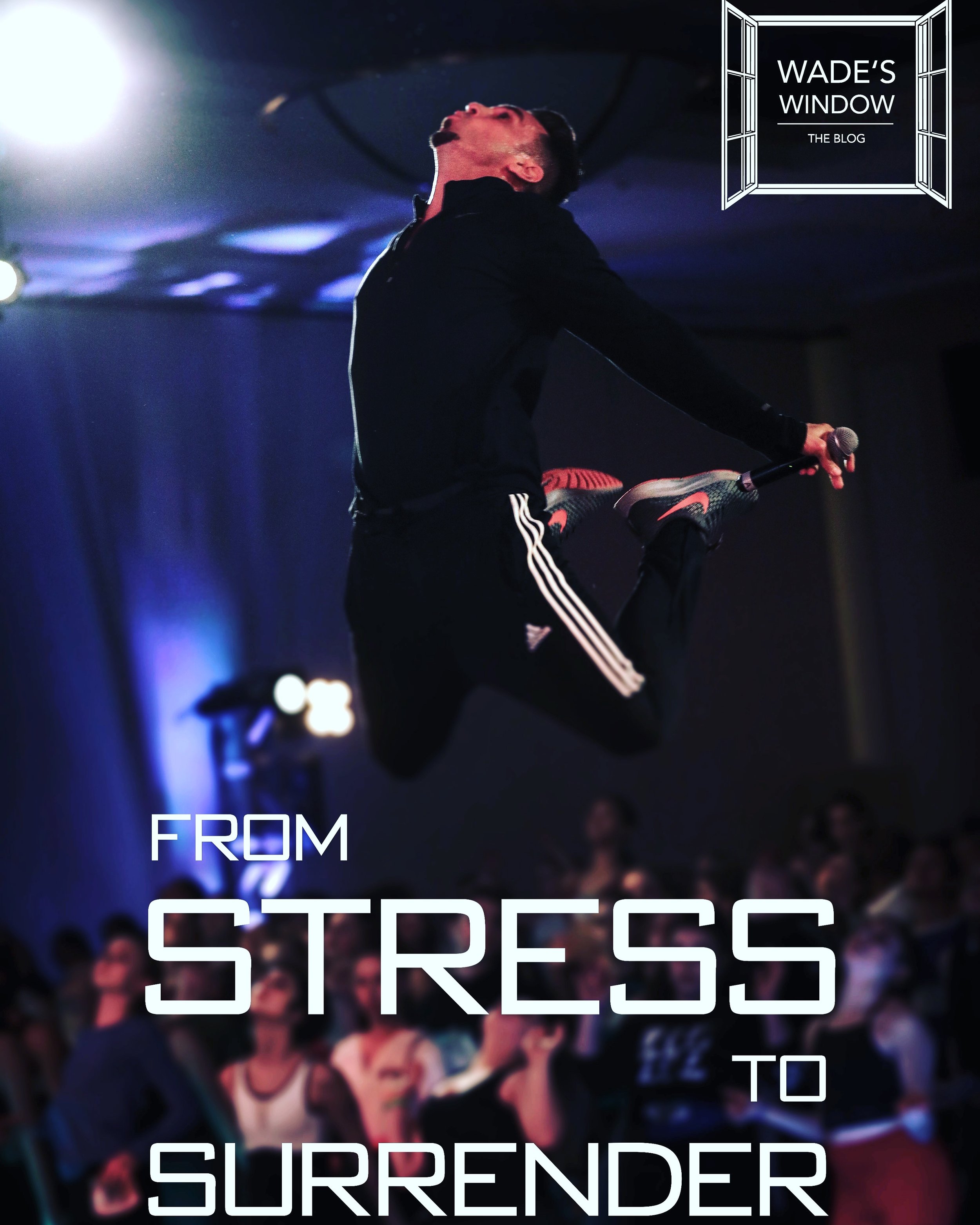“In order to be disappointed, we must have an appointment.”
To have preferences in life is essential. Preferences motivate us to get out into the world and have evolutionary experiences. Expectations, on the other hand, are a whole different ball game. Neediness transforms a preference into an expectation. A preference says, “I would love for this circumstance to go a particular way, but if it doesn’t, I will be okay.” An expectation says, “I need for this circumstance to go a particular way, and if it doesn’t, I will not be okay.”
An expectation is predicated upon the belief that life happens TO us. A preference is predicated upon the belief that life happens FOR us. What do I mean by that? If we believe that the Universe is ultimately always moving in the direction of evolution: we receive a preference, we take action towards it, and if it “doesn’t work out,” believing that life happens FOR us, we become curious and maybe even excited as to what is going to happen next. We then adapt, flow with and evolve.
If we believe that life is ultimately chaos that we must try to manipulate in our favor via our flesh and blood: we create a needy expectation for a particular outcome, we move towards it, and if it “doesn’t work out,” we feel that we have failed, or others have failed us, or that we will be ruined, and that the universe is against us. We feel victimized and defeated, we tighten up, stagnate and deteriorate.
In a broader sense, it is true that what we expect, we experience. If we expect things to go “wrong,” no matter what actually happens, our overall experience will be one of things going “wrong,” i.e., waiting for the other shoe to drop. Yet, if we expect things to go “right,” no matter what actually happens, our overall experience will be one of things going “right,” i.e., “This is not what I wanted, but I trust that this experience is leading me towards what is actually more evolutionary.” One of the problems is that our expectations tend to be narrow, overly detailed and rigid, leaving no room for new knowledge to be received amidst new experiences. Rigidity blocks the natural evolution of our preferences.
My personal experience is as follows: the Universe speaks to us, via our preferences and aversions, in a language that we can understand, at the time. These preferences and aversions move us into action and therefore experiences, which expand our awareness, our knowledge, and ultimately our capability to process new language from the Universe, in the form of evolved preferences and aversions, which leads to new experiences: ad infinitum.
Most importantly, we want to first understand the core of our preferences by breaking them down to the key message. For example: take a detailed preference like, “ I want to be a professional dancer in Hollywood, doing these kinds of jobs, dancing with these kinds of people, making this kind of money.” First, strip it down to something like, “I absolutely love to dance and I want to be able to spend my life doing it.” This is the motivational core.
Then, it’s absolutely okay to add those detailed preferences back on top and move towards them, but if we are rigidly attached to the detailed preferences, if they become needy expectations, there is a very good chance that once we start having dance experiences, and if things don’t seem to be working out in Hollywood, or with those kinds of jobs, or those kinds of people, we are going to feel defeated, stuck and victimized: as if the entire preference and course of action was a mistake.
Where as, with a less rigid set of expectations, if the details of your preferences don’t seem to be working out, you can come back to your core preference, “I absolutely love to dance and I want to spend my life doing it,” and open yourself up to continued Universal guidance. Maybe there is some other place or some other group of people or some other way for you to spend your life dancing? A way you never could have realized until you first followed your original preference and had a set of experiences which expanded your awareness and capability to process and apply a more evolved version, for you, of your original preference. Then we can take an approach like, “Universe, I surrender the details. I am available. Show me how, when, where and the next action to take.”
Maybe the next most evolutionary experience for you is to dance in NYC off-broadway, or choreograph music videos in India, or dance in Brunei, who knows? Yet most likely, you wouldn’t be able to receive, process and take action on those expanded preferences until you first took action towards the original Hollywood dance preference.
Once we can let our dreams unfold via their natural drip method: preference | action | experience - upgraded preference | action | experience, we’ll create a lot less friction in our life, and we’ll stop pressing the snooze button on the wake up calls from the Universe. We’ll finally stop feeling exhausted by pushing and actually feel energized by being pulled.
All of my love, Wade.






























Wade Robson, based on his personal experience of external wins and internal losses, explores our personal definitions of WINNING and their implications.